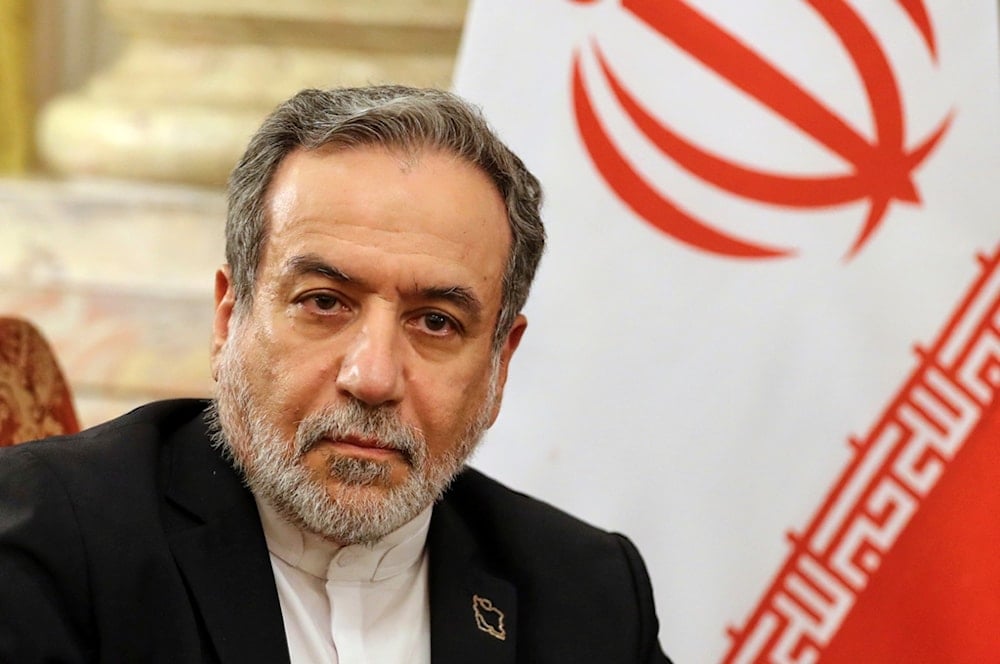Iran blames US obstruction for failure of UNGA talks
Iran’s FM Abbas Araghchi says US obstructionism blocked progress at UNGA, blaming Washington for the failure of talks with Europe and the US.
-

Iranian Foreign Minister Abbas Araghchi looks on during a meeting with Director General of the IAEA Rafael Grossi, and Egyptian Foreign Minister Badr Abdelatty, at Tahrir Palace in Cairo, Tuesday, September 9, 2025. (AP)
Iranian Foreign Minister Abbas Araghchi has accused Washington of obstructing recent negotiations in New York, saying American actions were the main factor behind the failure of talks with the E3 and the US.
Speaking at a weekly cabinet session on Wednesday, Araghchi said that US obstructionism prevented discussions on the sidelines of the United Nations General Assembly (UNGA) from producing any tangible outcome.
He presented a report on his meetings with European officials and American representatives both before and during his trip to New York, stressing that Iran had demonstrated the necessary flexibility to advance the talks.
“However, as was anticipated from the beginning, this path did not reach a conclusion due to American stonewalling,” Araghchi stated.
The remarks underscore growing tensions between Tehran and Washington amid continued deadlock over regional security issues and Iran’s nuclear program.
Sanctions on Iran snapback
Widespread United Nations sanctions against Iran have returned into force for the first time in a decade, following the collapse of last-ditch nuclear negotiations and a failed attempt by Russia and China to delay the measures.
The restrictions, which took effect late on September 27, were triggered under the “snapback” mechanism of UN Security Council Resolution 2231 after France, Germany, and the United Kingdom (E3) claimed that Iran was in “persistent and significant non-performance” of its nuclear commitments.
The sanctions bar dealings related to Iran’s nuclear and ballistic missile program, reimpose conventional arms embargoes, and reinstate travel bans and asset freezes on listed individuals and entities.
Rubio: Clear message to Tehran
US Secretary of State Marco Rubio welcomed the reimposition, calling it “an act of decisive global leadership on the part of France, Germany, and the United Kingdom.”
Rubio said the restored resolutions “address the threats posed by Iran’s nuclear, ballistic missile, conventional arms, and destabilizing activities,” stressing that they “require Iran to suspend uranium enrichment-, heavy water-, and reprocessing-related activities; prohibit Iran from using ballistic missile technology; embargo the export of conventional arms to Iran; reimpose travel bans and global asset freezes on listed individuals and entities; and authorize the seizure of weapons and other prohibited cargo being transferred by Iran.”
He said that these sanctions send “a clear message: the world will not acquiesce to threats and half measures, and Tehran will be held to account.”
Yet, Rubio said that Washington remains open to diplomacy.
“President Trump has been clear that diplomacy is still an option, a deal remains the best outcome for the Iranian people and the world,” Rubio said.
“For that to happen, Iran must accept direct talks, held in good faith, without stalling or obfuscation,” he added.

 3 Min Read
3 Min Read










